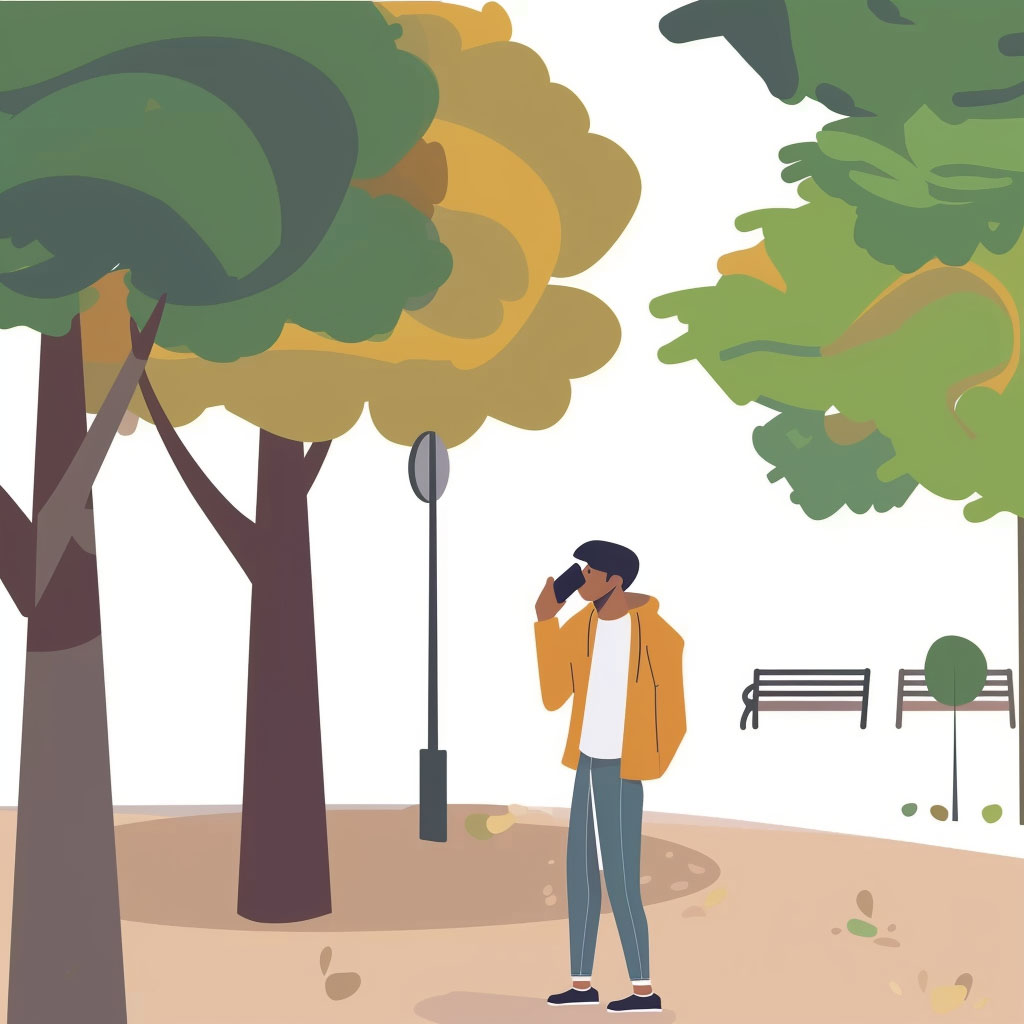Understanding the Role of an Audio Engineer
Audio engineers are key players in music, film, and broadcasting. They mix sounds to create the best listening experience. Let’s explore the main aspects of their role.
Core Responsibilities and Skills
Audio engineers have several core duties. They include:
- Recording Audio: Capturing sound using microphones and other equipment.
- Mixing: Balancing different audio tracks for clarity and quality.
- Mastering: Finalizing audio for distribution, ensuring it sounds good on all playback systems.
We also need strong technical skills. Engineers must understand how to use mixing consoles, microphones, and audio software. A good ear for sound is essential. This enables them to pick up on details that affect the overall quality.
Technical Skills and Knowledge Base
Technical skills are a major part of the audio engineer’s job. Common skills include:
- Sound Design: Creating sounds that enhance a project.
- Software Proficiency: Familiarity with programs like Pro Tools and Logic Pro.
- Equipment Knowledge: Knowing how to operate and maintain microphones, speakers, and mixers.
We must constantly update our technical knowledge. Technology in audio engineering changes quickly. This means staying current with new tools and techniques. Understanding acoustics and signal flow is also crucial for success in this field.
Collaborative and Communication Skills
Collaboration is vital for audio engineers. They work closely with producers, musicians, and directors. Effective communication helps in many ways:
- Understanding Vision: Grasping the objectives of a project and what the clients want.
- Feedback: Giving and receiving constructive criticism to improve the audio.
- Problem-Solving: Quickly addressing challenges that arise during recording or mixing sessions.
Strong interpersonal skills boost teamwork. It allows us to build good relationships with colleagues and clients. This leads to better project outcomes.
Creativity in Audio Engineering
Creativity is at the heart of audio engineering. We often think outside the box to achieve unique sounds.
Some creative aspects include:
- Sound Manipulation: Using effects and editing techniques to create something new.
- Innovative Solutions: Finding ways to overcome technical challenges creatively.
- Artistic Vision: Contributing ideas that enhance the narrative of music or film.
Creativity helps in making audio that stands out. It is not just about technical skills but also about giving projects a unique character. Each project benefits from our creative touch, making it memorable.
Preparing for an Interview with an Audio Engineer
As we prepare for an interview with an audio engineer, it’s essential to focus on key aspects that will help us gauge their skills and fit for our projects. We should prioritize understanding the interview process, crafting effective questions, and evaluating the candidate’s past experiences and cultural alignment.
Interview Process Insights
We need to recognize how the interview process works to make it effective. First, we should start with a warm introduction to make the candidate comfortable. It’s important to explain the structure of the interview so they know what to expect.
Next, we can discuss their resume and cover letter to clarify any points. Items to consider include:
- Relevant experience: Focus on their time with other musicians or projects.
- Job roles: Understand specific duties they held.
- Technical skills: Identify tools and software they are familiar with.
Finally, we can wrap up with our expectations for the role. This shows that we are eager to find a true fit.
Technical and Situational Questions
Asking the right technical questions is crucial. We should cover the following areas:
- Equipment knowledge: What audio gear are they experienced with?
- Software proficiency: Are they familiar with popular DAWs (Digital Audio Workstations) like Pro Tools or Ableton?
- Problem-solving: How would they handle a technical issue during a recording session?
Situational questions help us see how they think. Examples include:
- Adapting: How would they adjust if an artist requests changes mid-session?
- Collaboration: Describe a time they worked with clients or directors. What was their approach?
These questions reveal their ability to respond under pressure.
Evaluating Practical Experience and Past Projects
Practical experience matters in audio engineering. We should ask about past projects to understand what they have accomplished:
- Project details: Inquire about specific audio projects they’ve completed.
- Roles played: Did they lead or assist? What were the project’s goals?
- Challenges faced: Ask them to share obstacles they overcame.
It’s also helpful to see if they have worked with artists we may be interested in. This can guide us in assessing how well they understand our vision.
Assessing Cultural Fit and Passion for the Industry
Cultural fit is important for team dynamics. We should explore their passion for audio engineering. Questions can include:
- Why this field?: What draws them to audio engineering?
- Hobbies and interests: Do they work on personal music projects outside of the job?
- Teamwork: How do they collaborate with musicians, directors, and other creatives?
A strong sense of passion often leads to higher motivation and commitment. Understanding their personal values can help us determine if they align with our goals.
I’m Cartez Augustus, a content creator based in Houston, Texas. Recently, I’ve been delving into different content marketing niches to achieve significant website growth. I enjoy experimenting with AI, SEO, and PPC. Creating content has been an exciting journey, enabling me to connect with individuals who possess a wealth of knowledge in these fields.

